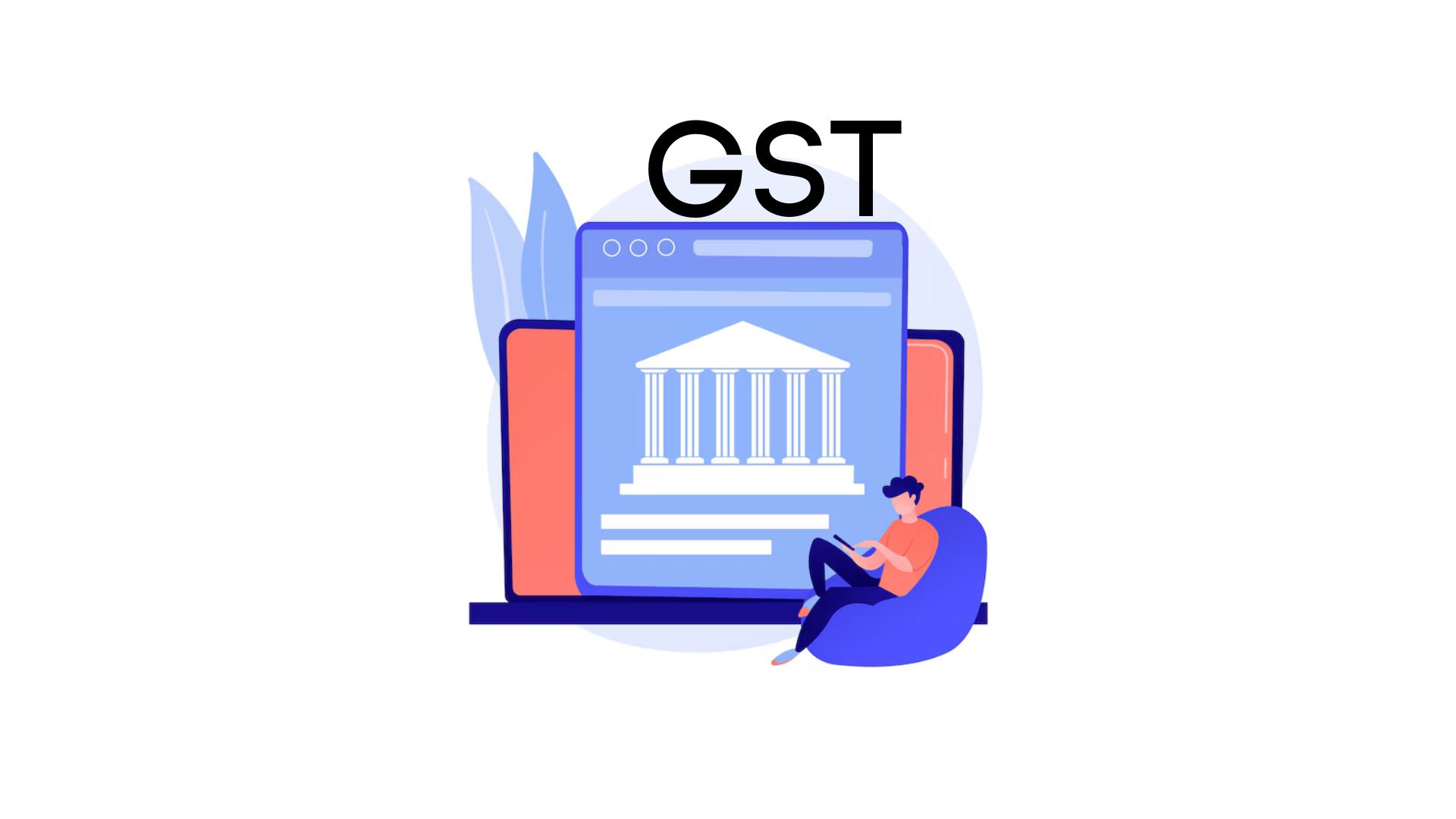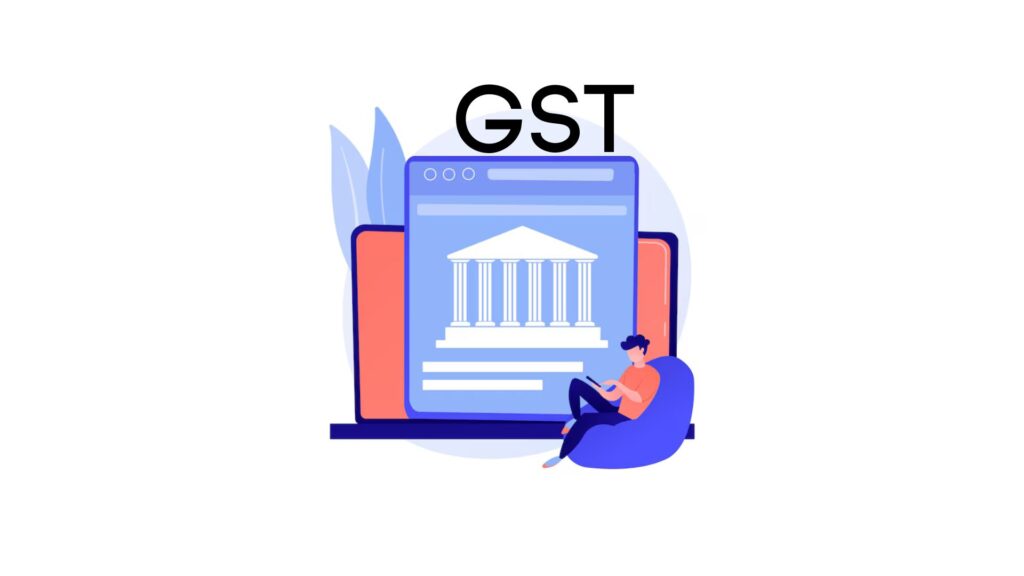
28 May Revamping GST: Making It a Truly ‘Good and Simple’ Tax Requires a New Approach to Dispute Resolution

As the new government gears up to take office in June, the GST will mark seven years since its implementation. With plans for the government’s first hundred days already in motion, further reforms in the GST system are likely to be prioritized.
The GST project remains an ongoing effort with several significant concerns, foremost among them being the lack of predictability and certainty. Disputes frequently arise over tax rates, exemptions, and input tax credits (ITC), with multiple central and state authorities often launching investigations. The system generates thousands of demand notices for what businesses perceive as minor discrepancies in returns. In December 2023 alone, GST authorities issued `1.45 trillion in demand notices to around 1,500 businesses for inconsistencies in annual returns and ITC claims for FY18. This has led to cynicism about the fairness of dispute resolution, with many fearing prolonged litigation, increasing uncertainties for both revenue and trade, and overburdening the dispute resolution mechanism.
A higher rate of disputes is expected in a new tax regime, but to preserve the GST’s reputation as a “good and simple” tax, a reevaluation of its dispute resolution approach is necessary. A multi-faceted strategy is needed to both prevent and resolve disputes early and fairly. A good starting point would be to rationalize the rate structure, reducing the number of rates, eliminating rate inversions (e.g., in the textile value chain), and broadening rates for similar products. With revenue collections on the rise, this is an opportune time for such changes. Expanding the tax base to include some petroleum products, like natural gas, could help mitigate revenue loss fears.
GST administration at both central and state levels must adopt a more nuanced compliance philosophy. While aggressive enforcement is crucial for dealing with serious offenses like fake invoicing and tax evasion, other tools should be used for less severe issues. Compliance management should aim to change behavior, which cannot be achieved solely through penalization. There should be a credible strategy to prevent non-compliance and assist the majority of taxpayers, especially micro, small, and medium enterprises, who may unintentionally err. Regular advisories highlighting common errors and discrepancies in returns should be issued. Clear guidelines on what constitutes “reasonable steps” for taxpayers to prevent evasion allegations would also help, similar to provisions in the previous Central Excise and Service Tax law.
Contentious issues identified during compliance verification should be promptly clarified by the GST Council to prevent further disputes. If a practice followed by the trade is found to be contrary to the intended interpretation of the law, it should be rectified without retroactive tax recovery, unless it involved suppression of information or misdeclaration.
Many tax administrations publish compliance strategies in advance, detailing targeted industry segments, types of non-compliance, and risk parameters for identifying violators. This approach encourages compliance within the targeted segment.
Taxpayers also need to ensure their return data is accurate and consistent to avoid triggering disputes. Greater attention to data quality could reduce the number of demand notices. Voluntary compliance provisions should be utilized to prevent prolonged disputes and litigation.
Creating a national online platform for hosting live data on investigations would help prevent multiple authorities from targeting the same taxpayer. The recent move to conduct joint GST audits by central and state authorities in difficult sectors is a step in the right direction.
The most challenging yet crucial aspect is fostering a sense of fairness and timeliness among officers handling disputes. Despite instructions, a lack of ownership and the tendency to play it safe often lead to unsatisfactory outcomes. There should be no tolerance for such behavior, nor should there be a lack of recognition for resolving disputes fairly. Continuous training and re-skilling of officers in dispute resolution, along with a suitable incentive structure promoting rationality, are essential for reorienting this critical process.
The author is Vivek Johri, former chairman of the Central Board of Indirect Taxes and Customs.


No Comments